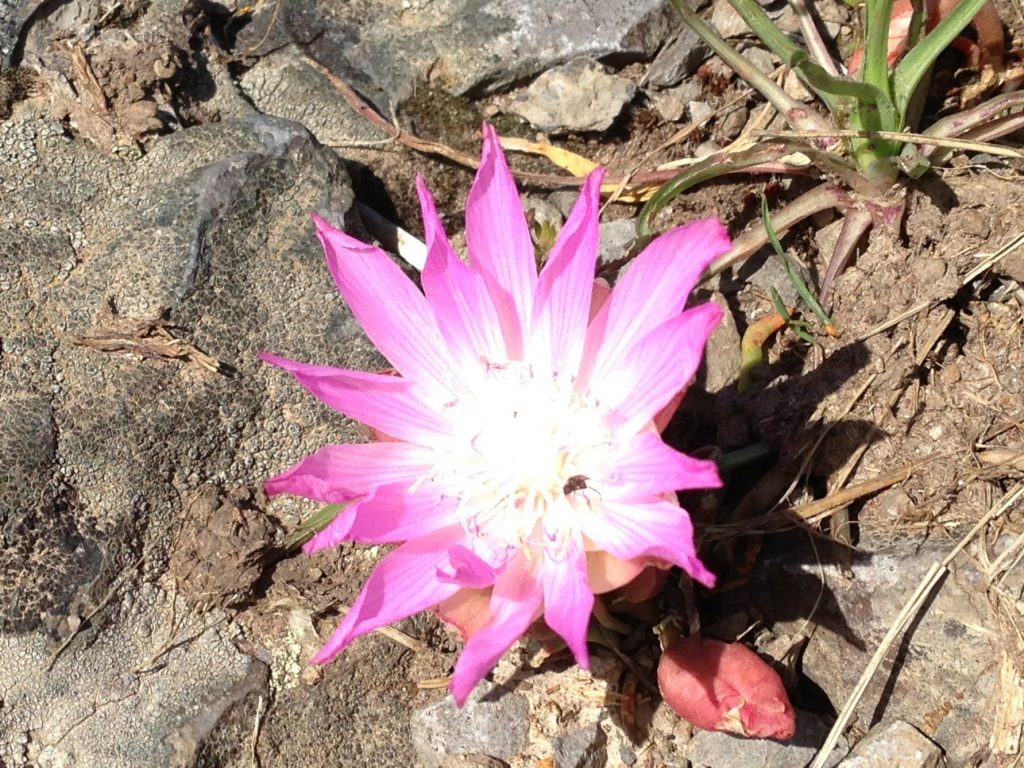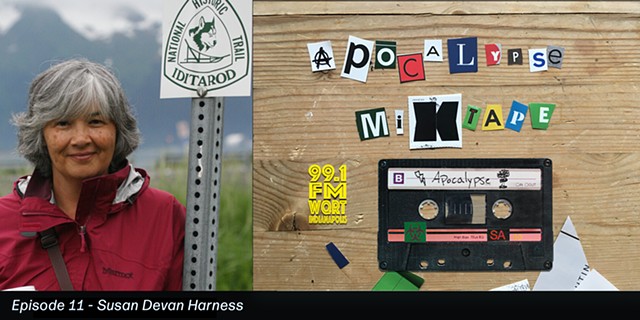Being a transracial adoptee is complicated. It is straddling two worlds where you belong to neither. It is worse than being the last person picked to be on a team, it is having each team picking you to be on the other side.
It is speaking your mind at the risk of angering, offending or intimidating those closest to you. It is being willing to go without friends, or family, because of that very real risk. You will hear “If people love you, they’ll accept you, regardless.” All the while being aware of the stories where that is not so. You see the pursed lips, the studied gaze, the game of chicken of who looks away first. You see the disappointment, the fear, the anger, the body turning away, taking with it the ability to soothe.
Being a transracial adoptee is to walk a tightrope that connects history to the present, all the while realizing that the time-space compression is colliding with such violent force as to make that crossing dark and perilous and sometimes people die, by overdose, by suicide, by walking into traffic, by walking into the desert, away from the pain.
Being a transracial adoptee is to honestly, and brutally, and publically acknowledge who and what you are: a person at the lower end of the hierarchy; a person who was taken because of everyday dangers that the West, apparently, doesn’t have to fear, such as war and famine and genocide. Diseases that kill your tribe, leaving you an orphan, aren’t deadly in the West. In fact, in the West vaccinations that could have saved your family, your village, are so common that people can actually choose whether or not they want to partake!
As a displaced person of color in a white world, it is also important to acknowledge that you have been given a chair at the table, when others of your kind haven’t. Never mind that the chair is marked ‘token’, and it does not really have any power behind it. Yes, you have the degree, the house, the family, the kids; you belong to all the right groups, but you are still different. Your degree isn’t really in the right field; your research is just different from what ‘we’ do. But you know it was you who got them in the door, got them the grant, the audience with the right people, the ability to check that little box marked ‘diversity.’ Because you alone have the look they need, but you also have the cultural capital, the ways of behaving and interacting in the ways they desire, proving that you aren’t really one of them, you know, the ones you left behind. The ones who aren’t you.
At that point you will have to fight with everything you have, with unending strength and ferocity, to call those in power on the carpet for even asking you to be in that chair, all the while thinking, ‘well, at least I can do something to help my people.’ But you soon find out that ‘your people’ don’t want your help, your pity, your seemingly self-serving generosity. They don’t tell you this to your face, but you see it in the news articles, on the internet, the anger spewing, molten and rotting in your direction. But you’re in the chair now and you don’t want to give it up. Because to give it up means you have nothing, you are nothing.
Being a transracial adoptee is to always wonder ‘what if.’ What if you hadn’t been adopted? What if you had stayed with your family? What if you didn’t feel awkward most of your life and actually got your shit together and accomplished something really amazing?
What if you were white?




3 Comments
Please send me your blog posts!
Thanks,
Laura
I will, Laura.
I had no clue you felt like an outsider…I always considered you one of the family… an asset. Being an outsider myself as a Welsh person living in a foreign land I guess I felt the same way, but we were proud and happy to have you as part of our ” tribe.” I lucked out with a daughter in law who had strength and compassion and an open heart.. congratulations on the book